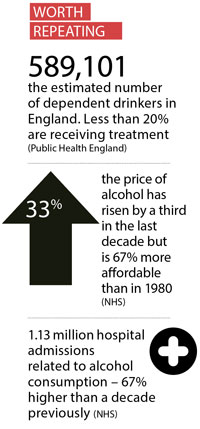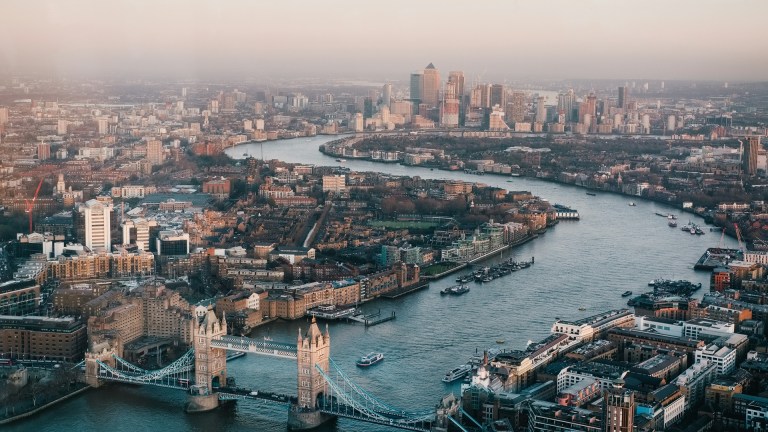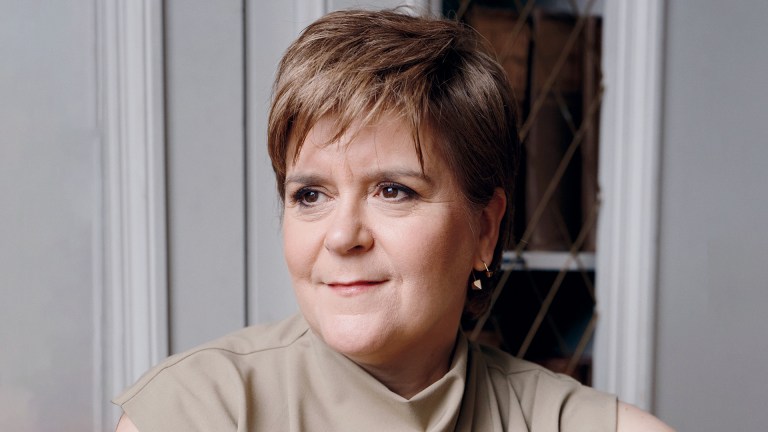How it was told
Last week headlines triumphantly heralded that what we all suspected is definitely true: people who live in cold countries drink more booze than folk in sunkissed climes.
“Cold weather and lack of sun is reason why Scots love a drink” proclaimed The Daily Record, while The Times opted for “Cold climate turns people to the bottle.” The Independent led with the line: “People living in colder regions with less sunlight are more likely to be heavy drinkers, according to a new study.”
The BBC’s headline stated: “Living in a cold, dark climate more likely to lead to heavy drinking”, but its story was a little more cautious in its phrasing, saying: “People who live in cold climates with less sunlight could be more likely to drink heavily” and pointed to “a possible link between average temperatures, hours of sunlight and alcohol consumption”.
Because the media loves popular science jargon, much coverage quoted the experts’ line that alcohol is a ‘vasodilator’, meaning it increases flow of blood to the skin, making the person feel warmer. So a wee dram to take the chill off a winter’s night has some basis in fact. However, blood rushing to the skin means your heart has to pump harder to push it around your organs, creating other health risks. So are those who live in the chilly north really prey to their climate?
Facts. Checked.
The report which led to the headlines came from The Pittsburgh Liver Research Center and was published in the journal Hepatology.
The study aggregated data from 193 countries, looked at the average temperature, number of daylight hours and annual per capita litres of alcohol consumption alongside statistics on cirrhosis of the liver broken down by nation.







